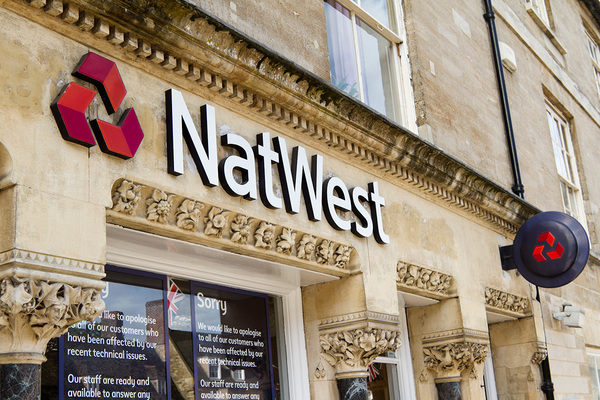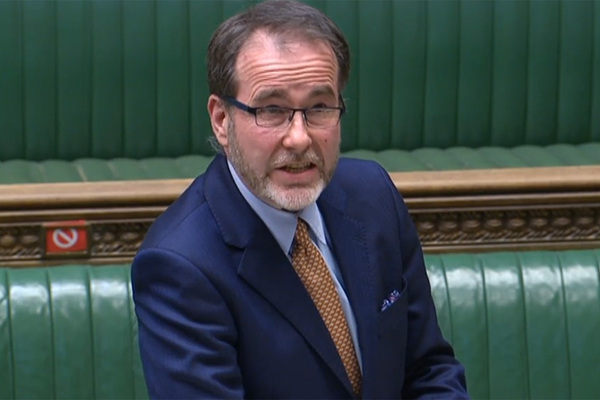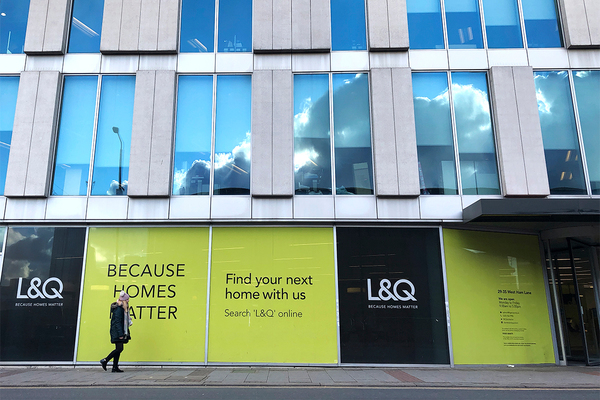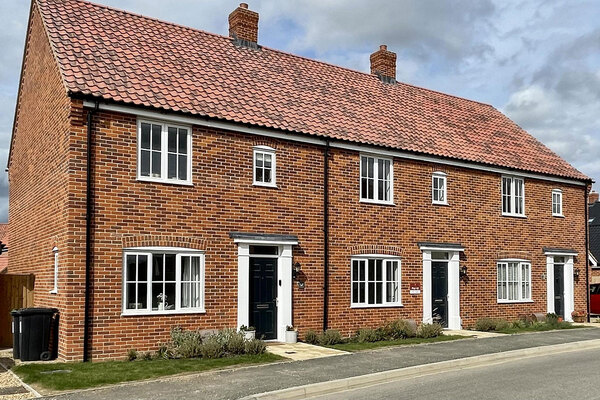You are viewing 1 of your 1 free articles
Shared owners unable to sell flats face having to pay thousands for lease extensions
Shared owners living in housing association blocks with fire safety issues now face having to pay thousands on top of remediation costs to extend their leases, which are losing value due to market delays caused by the cladding crisis.
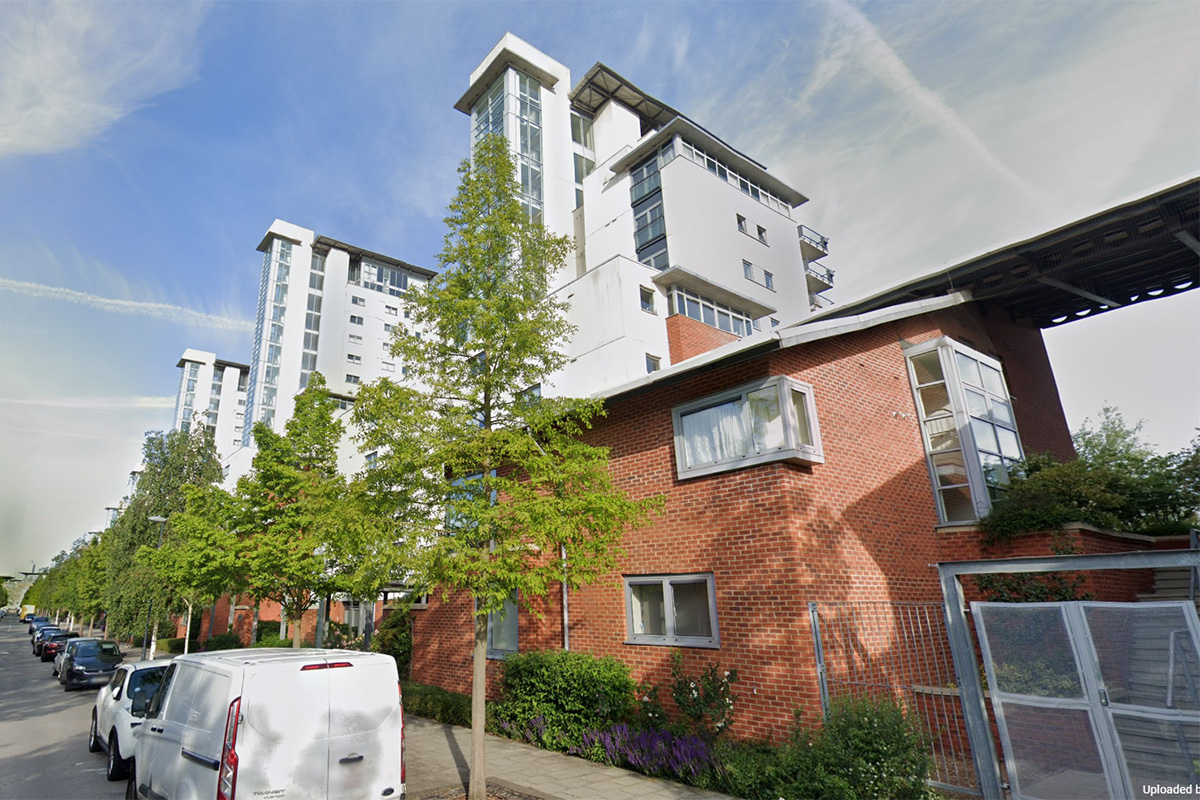
Multiple shared owners have told Inside Housing they feel like “cash cows” for housing associations and that they believe their landlord should contribute money towards the lease extension costs of those affected.
Leaseholders across the country are currently unable to sell or remortgage their homes due to the post-Grenfell building safety crisis, with defects discovered within thousands of buildings and many more considered too risky by lenders.
Housing associations have previously told leaseholders that they could have to wait up until a decade for fire safety checks to be completed as the largest landlords have to arrange investigations for thousands of buildings.
In the meantime many leaseholders face having to pay out large sums to extend their leases as properties often become unsaleable after a lease falls below 80 years, when mortgage companies usually become unwilling to lend on them.
The cost of extending leases also rises significantly once a lease falls below 80 years as leaseholders then have to pay 50% of the property’s ‘marriage value’ on top of other costs.
Shared owners are especially affected by these additional costs as they are often granted shorter leases than full leaseholders.
Inside Housing has heard multiple examples of shared owners being given 99-year leases by housing associations, while market sale buyers on the same development were given 125-year or 999-year leases.
Case study: Optivo
Timea Szabo lives in a shared ownership property in the Royal Artillery Quays development in Woolwich, south-east London, which she leases from Optivo. Various fire safety issues have been discovered on the estate, which mean she is currently unable to sell her home.
There are currently 83 years left on the lease of Ms Szabo’s property and research she has conducted online suggests it will cost between £10,000 and £12,000 for her to extend it. Optivo’s website advises leaseholders that they will “save a lot of money” if they extend their lease when it gets to around 83 to 85 years.
Ms Szabo said she currently cannot afford to pay these costs on top of the increased service charge she has been paying since the fire safety issues were discovered on her building.
Recently her service charge has increased from £270 per month to £450 per month due to costs including a waking watch, new fire doors, a new fire alarm system and increased insurance costs. As Optivo is not the landlord for the entire block, it is not responsible for fire safety work or setting the service charge.
Ms Tzabo said that given the circumstances she believes Optivo should “charge us the administrative costs of the lease extensions and nothing else”.
Ms Tzabo added: “My view of these really short leases they give is housing associations use shared owners as cash cows… they use us as a means of raising money presumably to turn back into the business to then build social housing. Building social housing is excellent… but how about people like me? Why are you not supporting shared owners? I am very financially vulnerable.”
A representative from Optivo said the landlord understands “how deeply frustrating the situation is for residents” and that it “grants leases and operates lease extensions in line with the law”.
Case study: Metropolitan Thames Valley Housing
Tony James is chair of the residents association at High Point Village in Hayes, west London, owned by Metropolitan Thames Valley Housing (MTVH). Residents on the estate are currently unable to sell their homes due to the presence of wooden balconies, some timber cladding and unknown amounts of non-fire-retardant insulation.
The shared owners on the estate were given initially given 99-year leases and currently have 86 years left. Mr James said he was told by MTVH that its own lease on the building is for 125 years and that market sale buyers on the estate also have 125-year leases.
“With two other years potentially of work to go until we actually get our remediation either completed or certainly underway, we are watching our leases tick down for a couple of years at least. I am concerned obviously that my lease will tick down to a less enticing one for any potential buyers once that market does free up,” Mr James said.
He added: “In an ideal world I would like my housing association to come to me and say, ‘well we have a 125-year lease on your building, we will extend your lease accordingly’. And, really, seeing as I’m looking at remediation costs for this place, a free one would be really nice, because it just puts me at parity with certainly the rest of my 100% owners.”
Inside Housing has also spoken to an anonymous shared owner living on the same estate as Richmond House, the MTVH-owned block that was destroyed by a fire in 2019.
Since the fire, a variety of safety issues have been discovered on the estate and some buildings are not expected to complete remediation work until December next year.
The resident currently has 85 years on their lease and has written to MTVH asking it to waive the cost of their lease extension. However, MTVH told the resident that it has been looking into this issue nationally and has made the decision that residents in a similar position will still be required to pay for lease extensions.
A spokesperson for MTVH said its “industry-standard lease lengths” are made clear throughout the sales process and that it is “continuing to investigate how we can further improve our leasehold offer for customers”.
Case study: L&Q
Fabienne Jacquet lives in the Stratford Eye development in east London. She is currently awaiting the results of a survey by L&Q to determine the full scale of the fire safety issues with her block.
Ms Jacquet’s flat was originally sold with a 99-year lease and she currently has 86 years left. Market sale buyers on the same scheme were granted 999-year leases by L&Q.
“Every year that this situation of not being able to sell the properties drags on then the lease will keep going down and down and the flat will become unsellable anyway,” she said.
Ms Jacquet said she would like to see L&Q communicate the impact of dwindling leases to its residents and then help shared owners extend their lease at a reduced cost.
“It just feels like you are a cash cow really for the housing association and they don’t care about us,” she said.
L&Q said it is doing “everything we can” to support leaseholders during the building safety crisis and that it “aims to be fully transparent about leases at the point of sale”.
All of the shared owners Inside Housing spoke to said the full costs of lease extensions, as well as the consequence of allowing your lease to fall below 80 years, were not properly communicated to them when they purchased their property.
Unlike 100% leaseholders, shared owners currently have no statutory right to extend their lease, meaning housing associations have discretion to decide on the price of a lease extension and the number of years.
Policies on lease extensions vary from landlord to landlord. For example, Optivo charges shared owners a premium based on 100% of their home’s value, while MTVH’s shared owners pay a percentage based on the share of their home that they own.
An investigation by the BBC’s Panorama programme last year found that 66,000-home landlord Guinness Partnership could make an estimated £20m from its shared owners having to extend their leases before they sell.
The leasehold system has come under heavy criticism in recent years, which led to the government asking the Law Commission to produce proposals to improve leasehold law that were published last year.
Following the review the government announced in January this year that leaseholders will be given the right to extend their leases by up to 990 years at zero ground rent.
It is currently unclear whether this will apply to shared ownership leases and the government is yet to respond to the Law Commission’s specific recommendations surrounding shared ownership leases.
London mayor Sadiq Khan recently announced that all shared ownership homes built in the capital under the new Affordable Homes Programme will be sold with 999-year leases as standard.
Housing associations’ responses in full
A representative from Optivo said: “We understand how deeply frustrating the situation is for residents who are unable to sell due to fire safety and EWS1 [External Wall System 1] issues.
“Ms Szabo’s case is a clear example of the difficult situations leaseholders find themselves in because of the ongoing national uncertainty on fire safety and remediation work.
“Along with other housing associations, we’re continuing to lobby government to make funding available to protect leaseholders from fire safety remediation work costs.
“We’re also working with the National Housing Federation to highlight what measures housing associations need in order to conduct EWS1 inspections and remedial works more quickly. We welcome the new RICS [Royal Institution of Chartered Surveyors] guidance, but believe only government action can resolve this problem.
“While Optivo is the landlord for 24 out of the 418 apartments across the site at Royal Artillery Quays, we’re not the landlord of the block, the freeholder or the managing agent.
“Responsibility for the management of the building, including essential fire safety works, rests with the landlord of the block. As a result it’s the landlord of the block who sets the service charge, not Optivo.
“With regards to the purchasing process, all our shared ownership purchasers have the benefit of independent legal representation throughout. Considerations regarding the length of the lease and the effect are matters which would always be the responsibility of the purchaser to seek independent legal advice.
“We grant leases and operate lease extensions in line with the law and all industry and regulatory good practice. We’ve a dedicated resource to support with lease extensions and we’d be happy to discuss this matter further with Ms Szabo.”
A spokesperson for MTVH said: “We know the building safety crisis is affecting some residents’ ability to sell their homes and that is why, in addition to the proactive approach we are taking to inspecting buildings and progressing remediation works in conjunction with original contractors, the government needs to take further action to allow sales to proceed wherever possible.
“Too many people’s lives and future plans are being put on hold as a result of this crisis, which is in turn creating issues, such as the need for shared owners to extend their leases to satisfy lenders’ requirements to allow sales to proceed in future.
“With all of our sales we require that customers seek independent legal advice from a qualified source who will be best placed to advise on issues such as lease lengths and the potential need to extend them to support selling a home in future. While our industry-standard lease lengths are made clear throughout our sales process, we are committed to helping customers understand the sales process. We are also investing in a new digital aftersales portal to make accessing information quicker and more efficient for the customer.
“We have supported calls for reforms to leasehold, including longer standard leases and making the extension process simpler and more affordable. We hope the government will introduce such measures through its funding programmes soon and we are continuing to investigate how we can further improve our leasehold offer for customers.”
A spokesperson for L&Q said: “L&Q has begun one of the country’s largest building safety inspection programmes and have already committed £250m to tackling fire safety.
“Unfortunately, as we own so many buildings affected by the new guidance, we’re not able to inspect, test and then carry out works on them all at once. Our highest risk buildings, defined by height, occupancy and building materials, among other factors, are being inspected first. Residents in the building featured have been informed that they will be given a date for the full inspection of their building from April 2021, as it is under 18m tall.
“We recognise the life-changing impact that the EWS1 situation is having on many of our leaseholders and are sorry for any stress that this situation, which is affecting thousands of homeowners nationally, is causing. We are doing everything we can to support leaseholders – we have committed not to charge leaseholders for interim fire safety measures such as temporary fire alarms or waking watch. We are also offering subletting where mortgage applications or sales processes have been disrupted as a result of the approach lenders are taking.
“L&Q aims to be fully transparent about leases at the point of sale and has processes in place to ensure that residents are made aware of their lease length and what that means for them when they purchase a leasehold property from us. The resident’s solicitor should also advise them on the terms of the lease at the point of purchase. The minimum term for a shared ownership lease is 99 years under the government’s capital funding guide and leases of this length are not unusual. All of the leases in the resident’s block were also issued at 99 years.
“L&Q is currently reviewing our leasehold practices in advance of the upcoming legislative changes recently signalled by government, which we are fully supportive of.
“The 999-year leases referenced in this case study apply to a separate block on this scheme where the homes are outright ownership. At the time of sale in this case, a 99-year lease was the standard housing corporation lease granted to shared owners. In line with pursuing best practice, L&Q is now offering leases of 999 years on new shared ownership properties wherever possible, with a minimum lease length of 125 years.
“We will continue to work with this resident in this case to provide as much support as we can.”
Sign up for our fire safety newsletter
Already have an account? Click here to manage your newsletters
